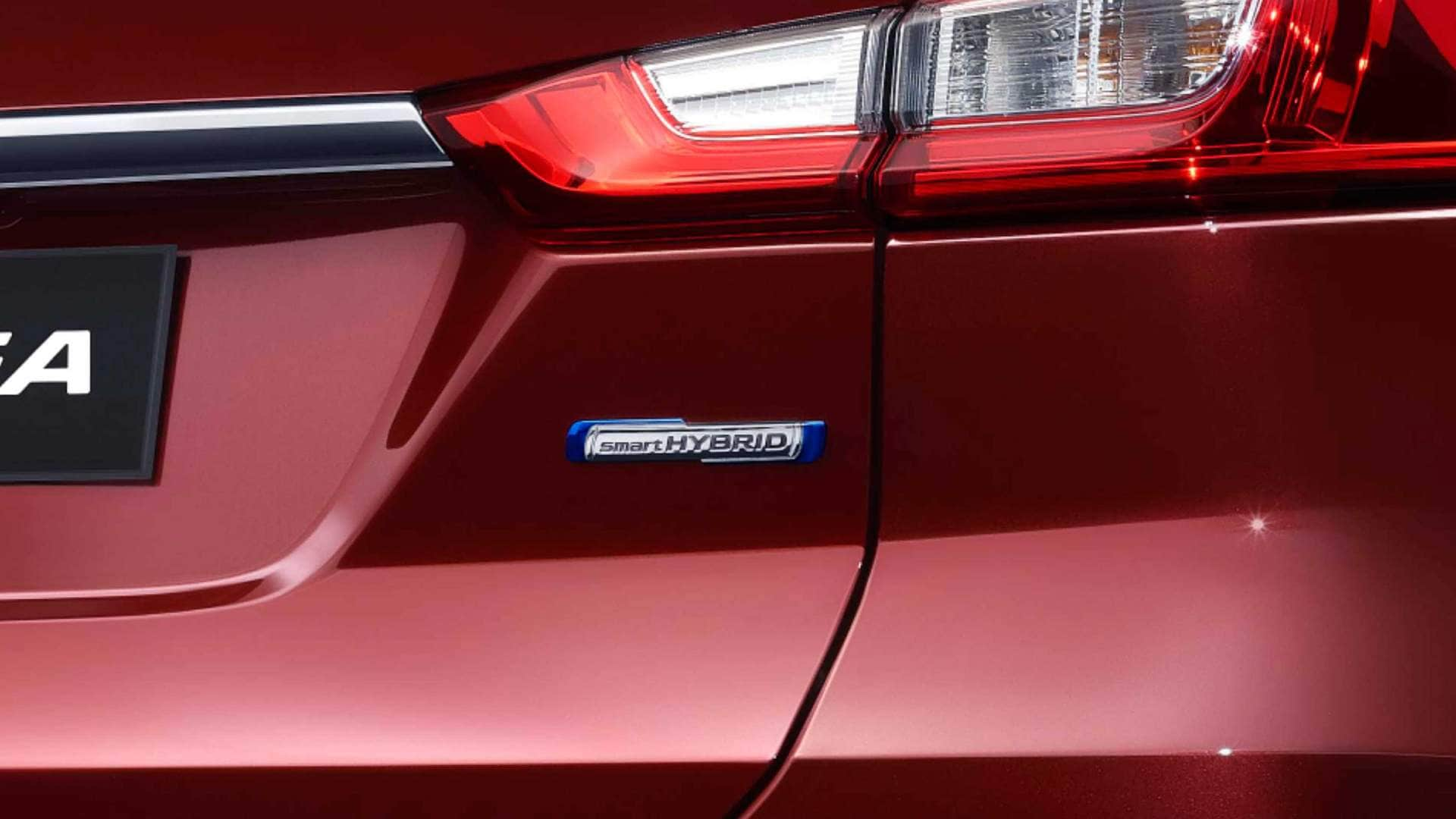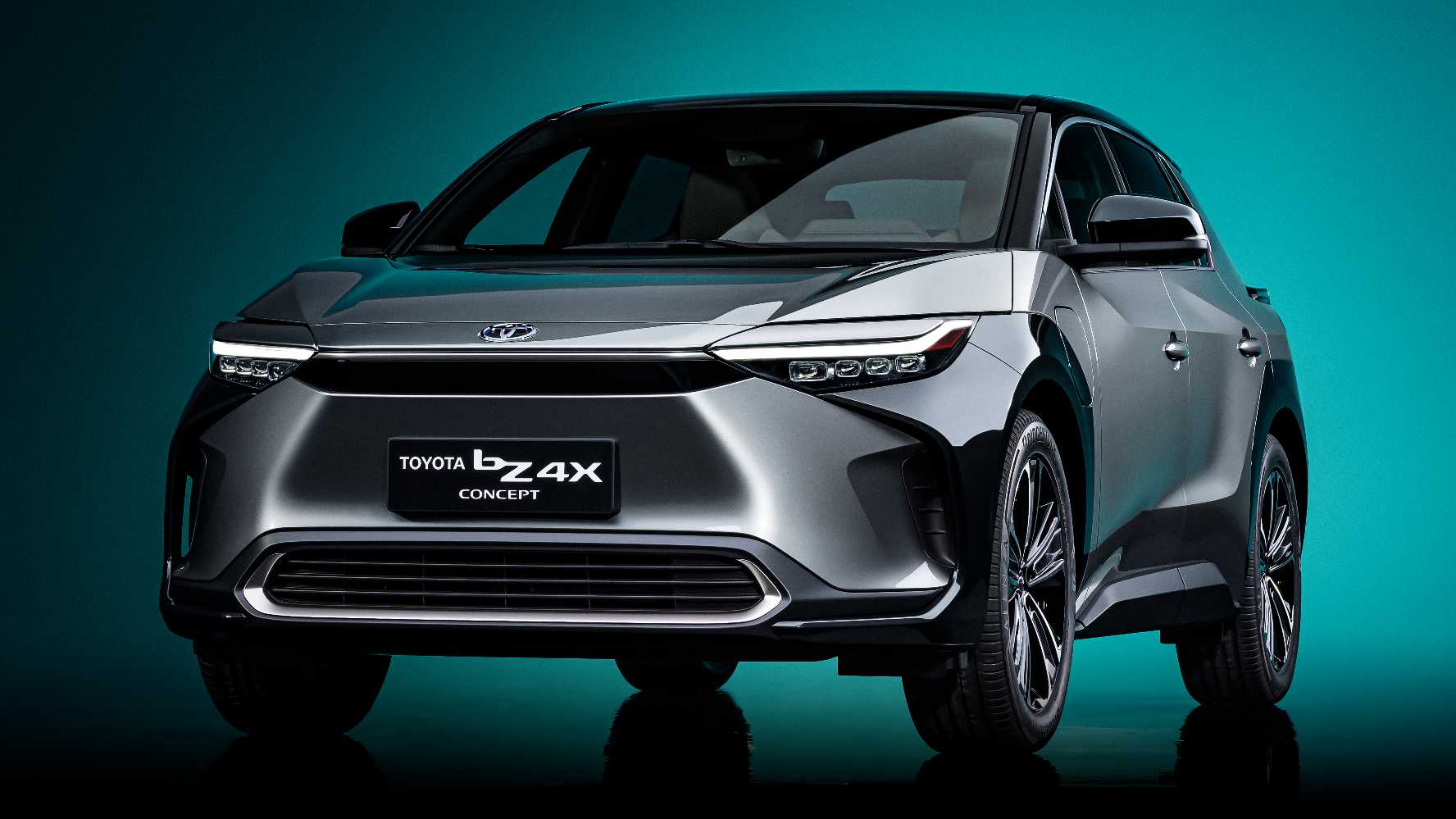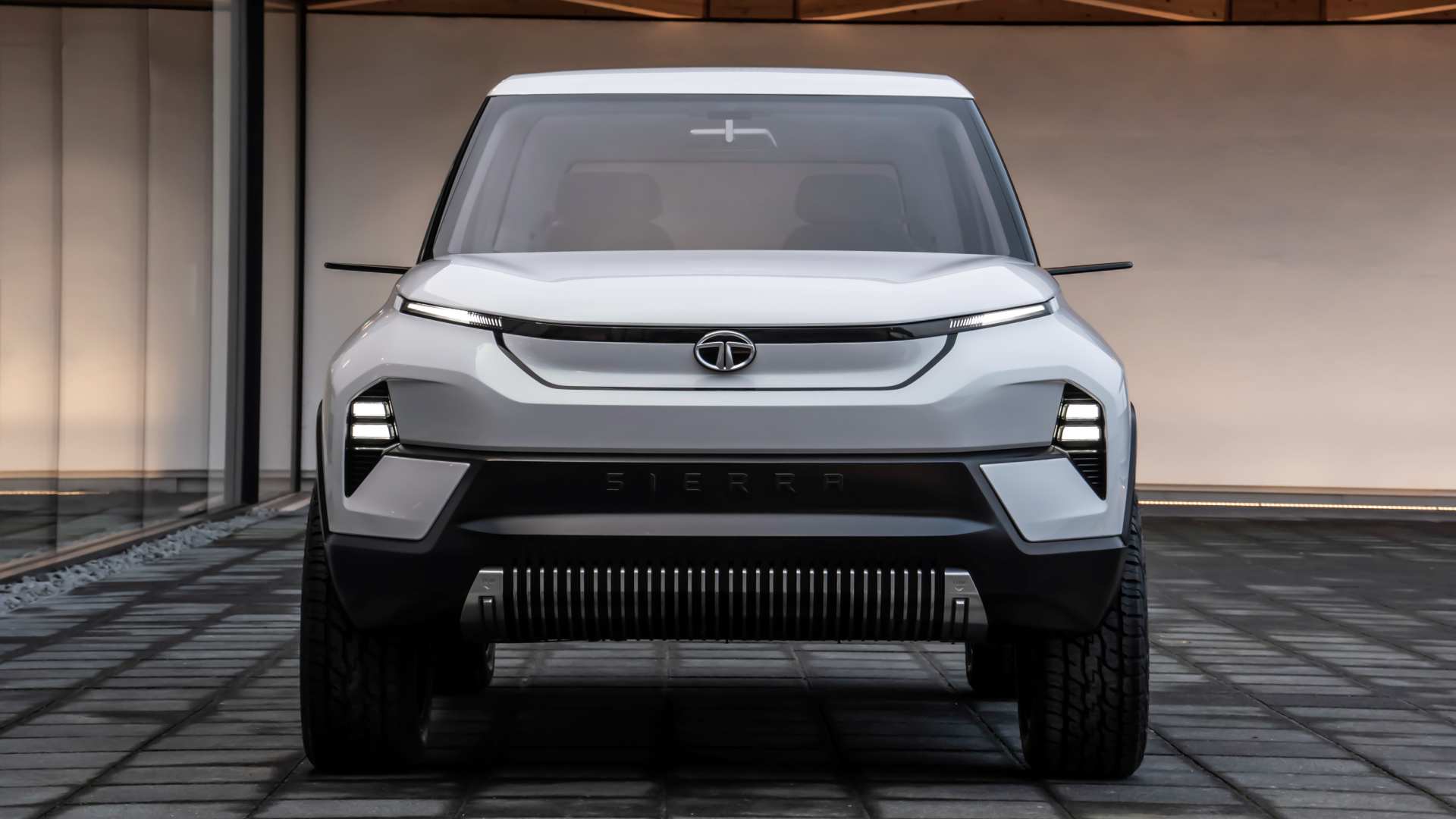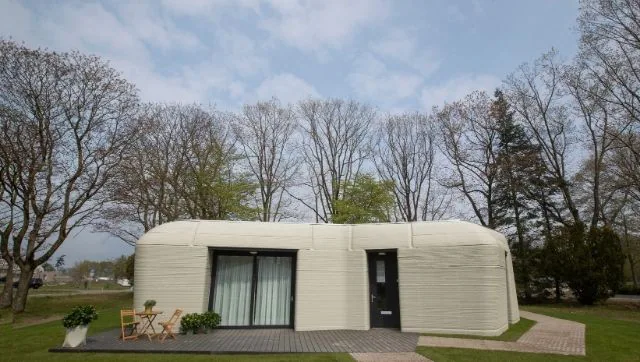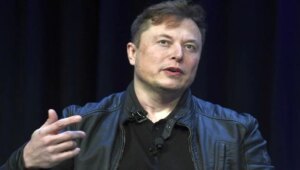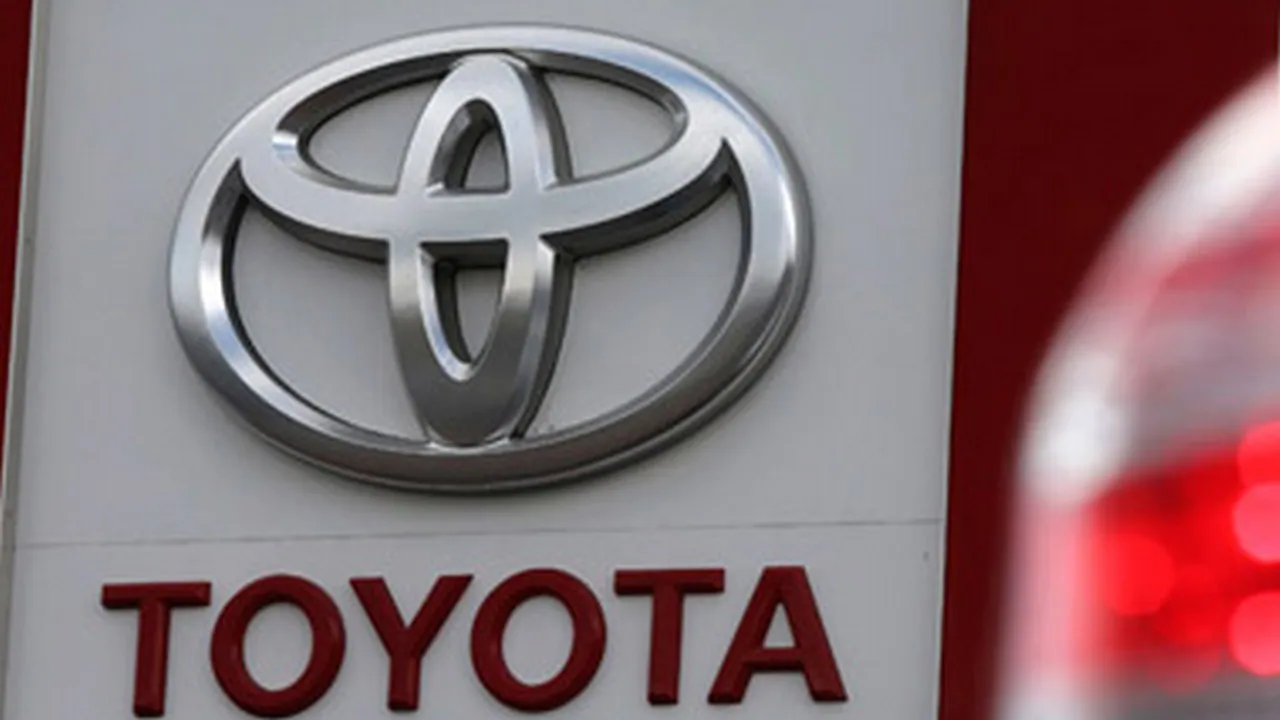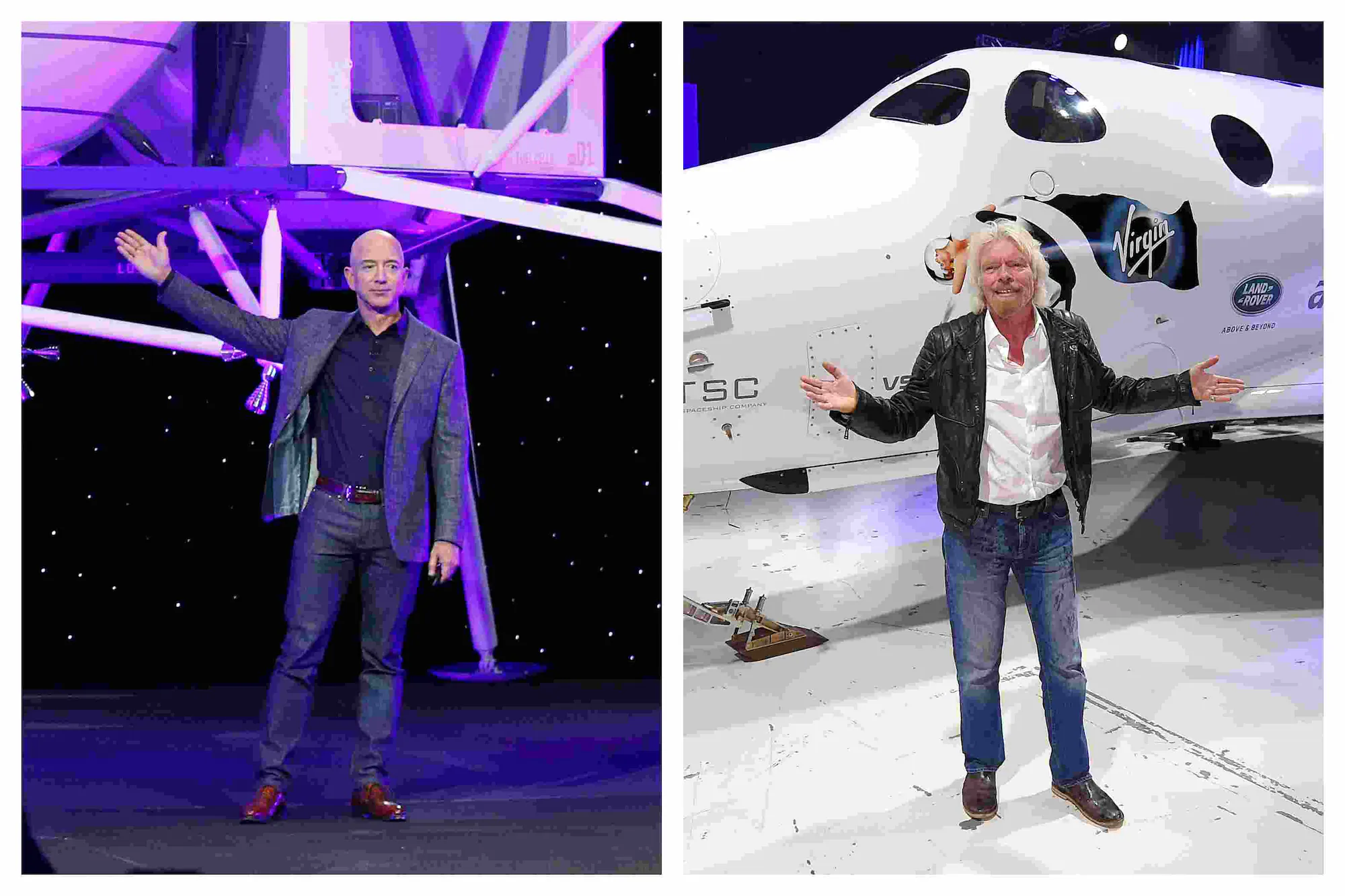Amaan AhmedAug 03, 2021 14:44:25 IST
Maruti Suzuki is in no hurry to usher in a raft of electric vehicles in the Indian market. This became apparent in the company’s recently-released Annual Report, which made it clear that while there is an immediate need to lower emissions and minimise the carbon footprint, India’s largest carmaker doesn’t see buyers transitioning to battery electric vehicles (BEVs) in droves anytime soon. In fact, the company presents alternative solutions in the interim till BEVs are no longer as expensive as they are today – a tune similar to Toyota’s, which Suzuki is in a global partnership with.
Why is Maruti Suzuki not making EVs right now?
At present, Maruti Suzuki does not have a BEV in its portfolio, and is unlikely to add one to its line-up anytime soon, with a recent report suggesting its first all-electric model will only be ready in the next three years.
In the Annual Report, Maruti Suzuki Chairman RC Bhargava said that while carmakers globally are committing to phase out internal combustion engines (ICE) in favour of BEVs as part of “ambitious” plans, Maruti Suzuki’s electrification strategy has to be “consistent with the economic and infrastructure conditions prevailing in the country.”
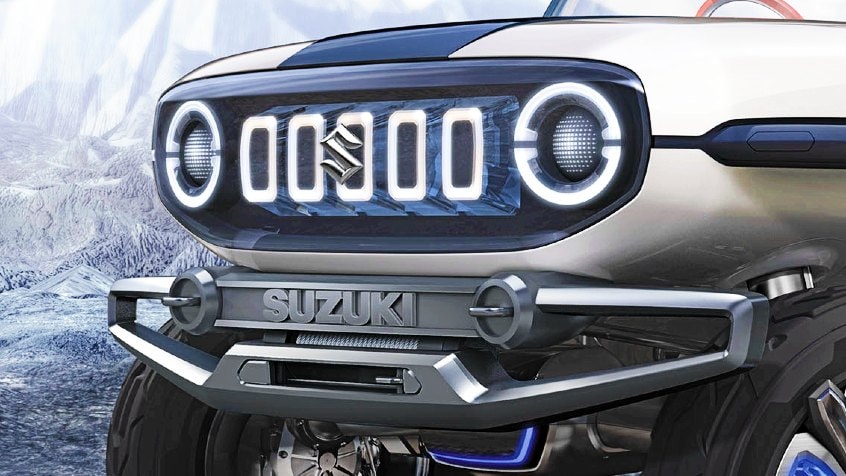
At present, battery electric vehicles are too expensive for mass adoption, believes Maruti Suzuki. Image: Suzuki
Bhargava points out the issues facing mass adoption of BEVs, highlighting significantly lower incomes, the high present-day cost of BEVs and negligible charging infrastructure in the country as the major hurdles.
“The per capita income in India is only about $2,000, about five percent of that in Europe and Japan. This reduces the ability of a large number of people to buy expensive cars. Unfortunately, the technology presently available leads to electric cars being produced at a cost much higher than the conventional cars. This, along with the lack of charging infrastructure, makes it very difficult to sell electric cars to people who can only afford small cars”, says Bhargava.
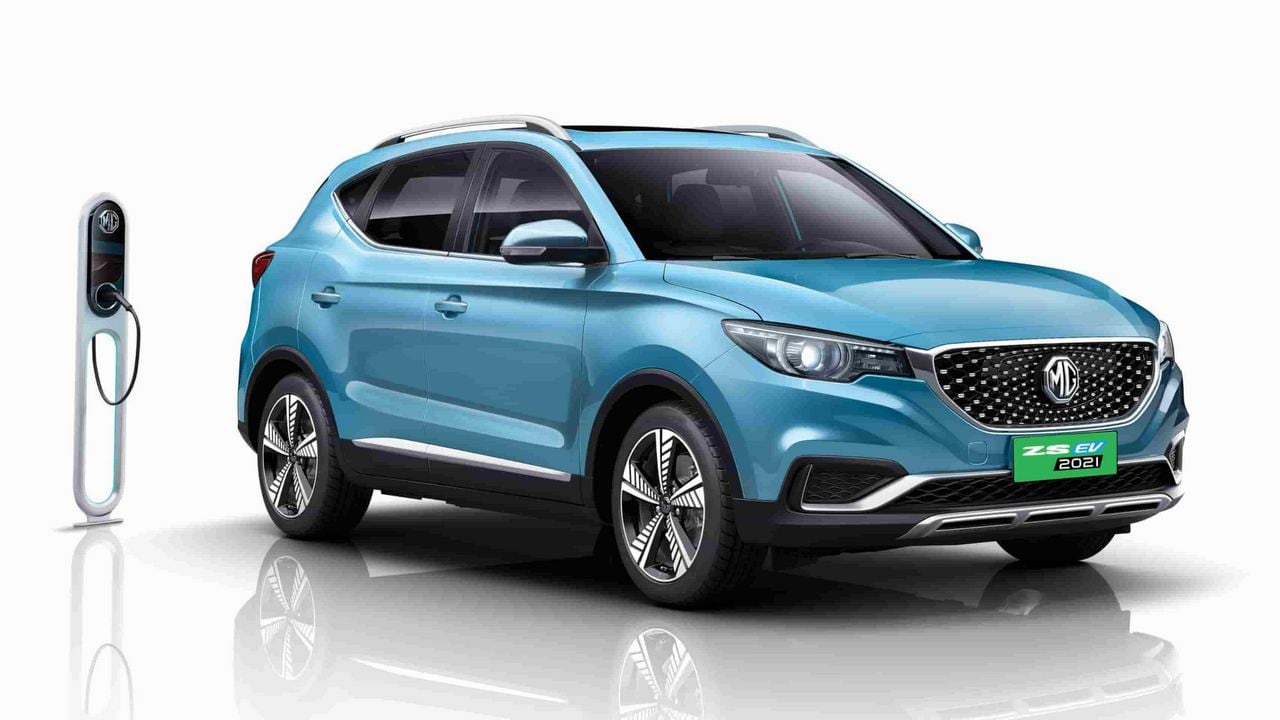
Most EVs on sale in India today – including the MG ZS EV pictured here – cost well over Rs 15 lakh. Image: MG
Additionally, Bhargava notes that cars priced over Rs 15 lakh make up only five percent of passenger vehicle sales in India at present, and that would mean the acceptance of electric vehicles would be limited to a select few. Interestingly, almost all electric vehicles on sale in India today – barring the entry-level versions of the Tata Nexon – do cost a good deal more than Rs 15 lakh.
What is Maruti Suzuki proposing as an alternative?
While Maruti Suzuki recognises that battery costs are coming down and will continue to drop in the coming years, India’s largest car manufacturer is uncertain of when BEVs will go from being a great idea to a practical reality, and is thus seeking to strengthen its compressed natural gas (CNG) and hybrid vehicle portfolio, which it believes will help lower the impact of vehicular emissions on the environment till BEVs become feasible.
“The use of CNG, particularly for small cars, has proved very acceptable to customers. The government has recognised the importance of CNG as a fuel for cars and is making concerted efforts to build the infrastructure to make CNG available in most parts of the country. Hybrid technology also leads to a significant reduction in fuel consumption and emissions and is another area for our engineers to work. Thus, these two technologies, coupled with biofuels, gives the country a means of moving towards the final goal of net zero emission”, said Bhargava.
As of today, Maruti Suzuki offers mild-hybrid powertrains on some of its popular models including the Ertiga, Baleno and Vitara Brezza. Even globally, Suzuki does not offer a BEV in any market, with its electrified range only consisting of hybrids, even in its home market of Japan.
What is the Toyota connection here?
In its Annual Report, Maruti Suzuki often mentions how it will leverage Suzuki’s global alliance with Toyota to develop hybrid powertrain solutions for future models. He also highlights hydrogen fuel cell technology for electric vehicles as an “interesting alternative” that should be “considered specially to reduce dependence on importing lithium.”
This stance is quite similar to that of Toyota’s, which views a complete and rapid shift to BEVs as premature. The New York Times recently reported how Toyota is aggressively opposing a full transition to BEVs as it insists hybrid vehicles – along with hydrogen fuel-cell EVs – will be equally as important going forward; both vehicle technologies that Toyota has invested heavily in over the last few years.
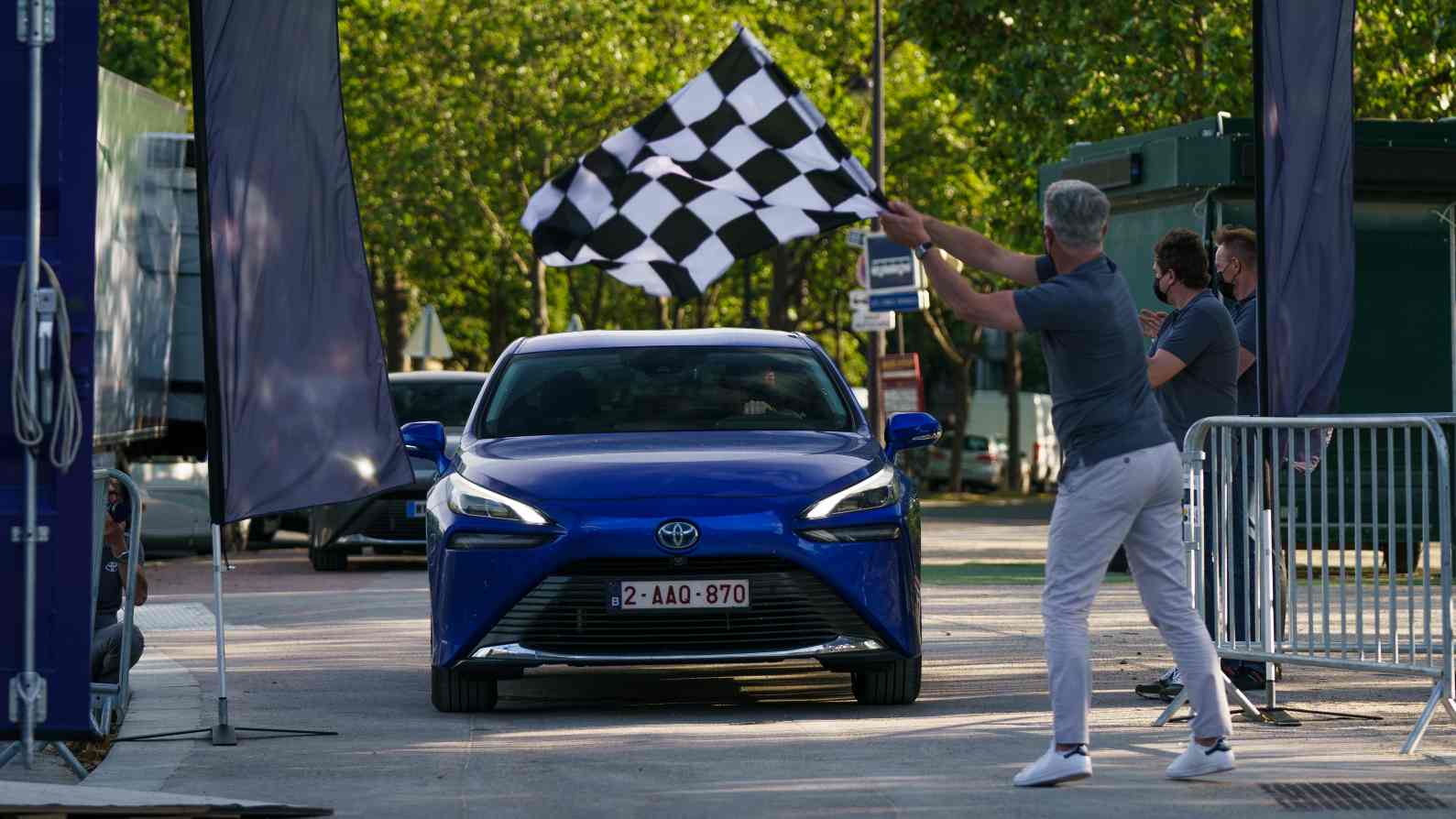
The Toyota Mirai is a hydrogen fuel-cell vehicle that has found acceptance in some overseas markets. Image: Toyota
However, it’s worth noting that hybrids – despite being electrified vehicles – do not enjoy the same policy benefits as BEVs in India. The high level of taxation means the two hybrids Toyota does sell in India are prohibitively expensive – the Toyota Camry costs more than Rs 50 lakh on-road in some cities, while the Toyota Vellfire MPV, at nearly Rs 1 crore, remains a purely lux choice.
By 2030, Toyota is targeting sales of 5.5 million electric vehicles, but estimates BEVs and FCEVs will only account for one million sales. Its first mass-production electric vehicle, the Toyota C-HR EV, was launched in China, but has received subdued response, and its first electric SUV for other global markets, the Toyota bZ4x, is only expected to enter production in 2022.
Even though hydrogen is now being talked about as an alternative to fossil fuels, the reality on ground is that BEVs are moving much quicker than hydrogen FCEVs. Honda has pulled the plug on its Clarity FCEV abroad, and even in India, Hyundai has decided against launching its Nexo hydrogen SUV (which has been received warmly in select overseas markets) as it wouldn’t be feasible for private buyers “in the near future”, according to a Moneycontrol report.
Will Maruti Suzuki make BEVs at all?
Maruti Suzuki is Suzuki’s most vital subsidiary worldwide, and is a major part of its mid-term electrification strategy revealed a few months ago. According to the mid-term plan, Maruti Suzuki will focus on promoting hybrid vehicles in its range, and also introduce a full electric vehicle. As for a BEV, Maruti Suzuki had flagged off 50 development prototypes – based on the Japan-spec Wagon R – back in 2018, but the production model is understood to still be a good while away.
Suzuki, in a joint venture with Toshiba Corporation and Denso Corporation, is also setting up India’s first lithium-ion battery manufacturing plant, which is said to be nearly ready for operations to commence soon.
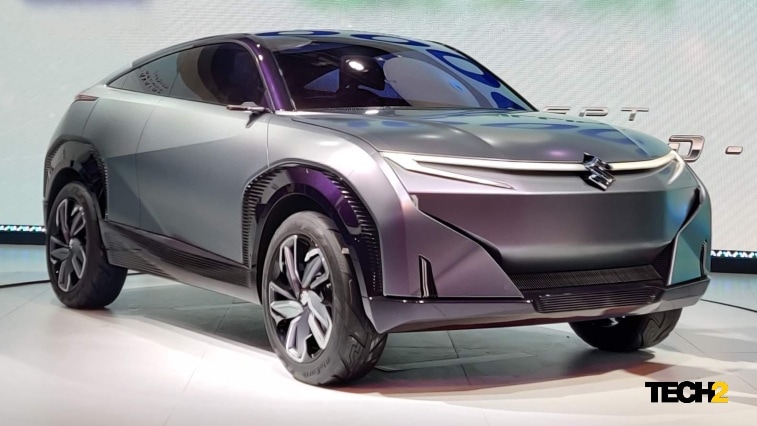
Suzuki’s mid-term plan includes a BEV that will be launched in India in the next three years. Image: Tech2/Amaan Ahmed
However, while CNG models will continue to remain relatively affordable, it remains to be seen how Maruti Suzuki approaches hybrid electric vehicles, as they will continue to command a relatively high price, barring a change in India’s EV subsidy policy.
That Suzuki does not have a BEV in its global portfolio and Toyota’s ponderous response to the shift to BEVs also do not bode well for Maruti Suzuki, as by the time it launches its first dedicated electric model for Indian customers, Tata Motors promises to offer as many as 10 BEVs by 2025. Tata has already had a head start on all other players with its Nexon EV – which has grown quite popular in recent months – and Mahindra, too, will embark on its electric vehicle offensive starting next year with the launch of the eXUV300 and eKUV100 models.
It surely will be interesting to see if Maruti Suzuki’s cautious steps in the electric vehicle space result in it being left behind by other carmakers, or pay off handsomely in the long run.


